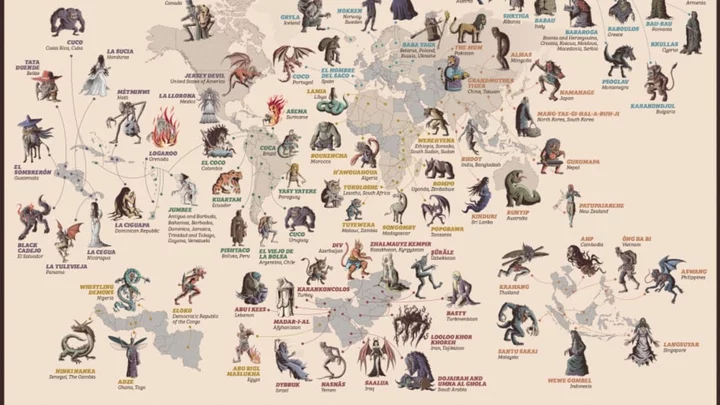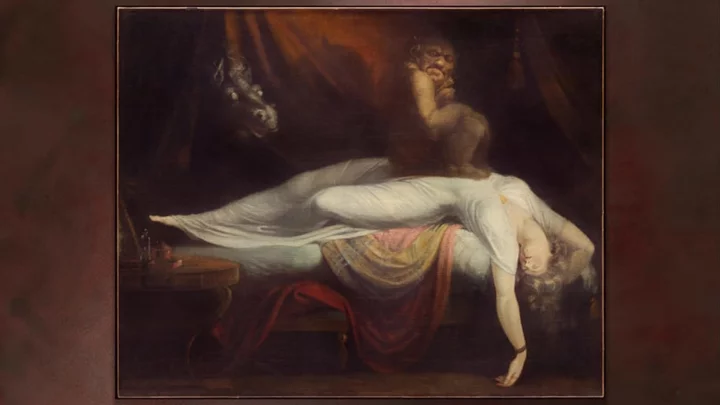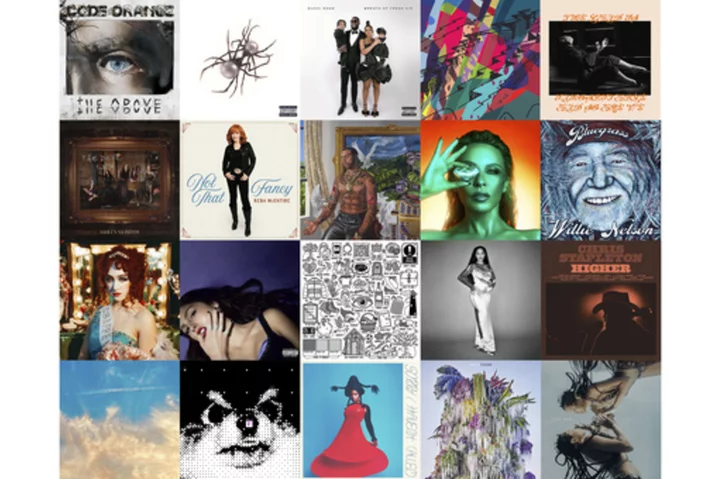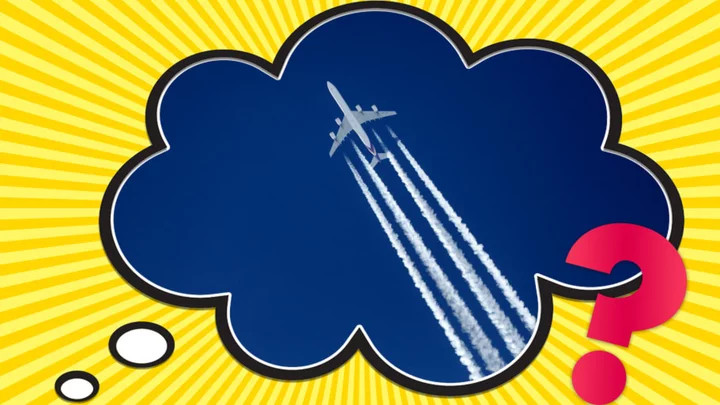The term boogeyman or bogeyman originated in England centuries ago and comes from the Middle English word for “frightening spectre.” Our idea of the character hasn’t gotten any more specific over the years, and today, boogeyman is used as a catchall term for spooky figures that go bump in the night. If you broaden your search to other parts of the word, however, you’ll find versions of the monster with terrifying levels of detail. From Kelpie to Krampus, here are different iterations of the boogeyman from nearly every country around the world.
To create the map below, The Toy Zone used a broad definition of what’s considered a boogeyman. The graphic includes creatures from local mythology and folklore, like the Babau of Italy and the almas of Mongolia. Other monsters, like the Jersey Devil in the United States, would fall closer to Merriam-Webster’s definition of a cryptid as “an animal … that has been claimed to exist but never proven to exist.” And while most of the boogeyman on the map are indeed men, there are a few boogeywomen. La Llorona of Mexico, the langsuyar of Singapore, and La Cigua (or La Cegua) of Nicaragua are notable examples. You can view an enlarged version of the map by clicking here.
The small pictures of each country’s monster visualize what people find scary in different cultures. Bat wings and reptilian bodies are common themes, as are ghostly, tattered robes. Though their appearances vary wildly, being a recurring character in local children’s nightmares is something every boogeyman has in common.
Keep in mind that these illustrations are one artist’s interpretation of centuries of folklore. Many cultures can’t agree on what their most famous mythical beast should look like. The Bunyip of Indigenous Australian legends, for example, resembles an ox, hippopotamus, or seal, depending on who you ask. You can learn more about many of the cryptids featured in this map here.
This article was originally published on www.mentalfloss.com as Map Shows Local Versions of The Boogeyman From Around the World.









